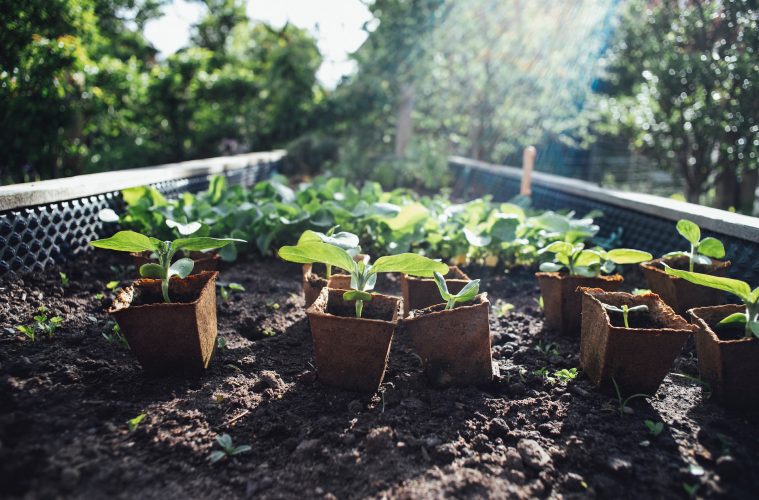Question:
What are some pros and cons to growing vegetables in raised beds?
Answer:
Raised beds provide several advantages over conventional garden areas. Wet, poorly drained sites can be improved by constructing raised beds. A properly prepared raised bed increases drainage, thereby promoting plant growth and increasing crop yields. Additionally, raised beds dry out and warm up earlier in the spring which allows earlier planting. Raised beds are more convenient for elderly gardeners or physically challenged individuals who have difficulty bending over to the ground. The raised height of the garden allows these individuals to continue their gardening activities. Raised beds may also allow gardening to occur where site soils may be ill-suited for edible gardening, such as with possible soil contaminants.
While generally minor, raised beds do have some disadvantages. Raised beds dry out faster than level garden sites. Accordingly, they have to be watered more frequently in dry weather. Initial construction of the raised bed may take more effort than maintenance of the conventional garden. Depending on the height and volume of the raised beds this can quickly increase costs and may not be suitable to overwintering crops.
Source: Horticulture and Home Pest News, Iowa State University Extension and Outreach
Featured image: Markus Spiske via Unsplash

